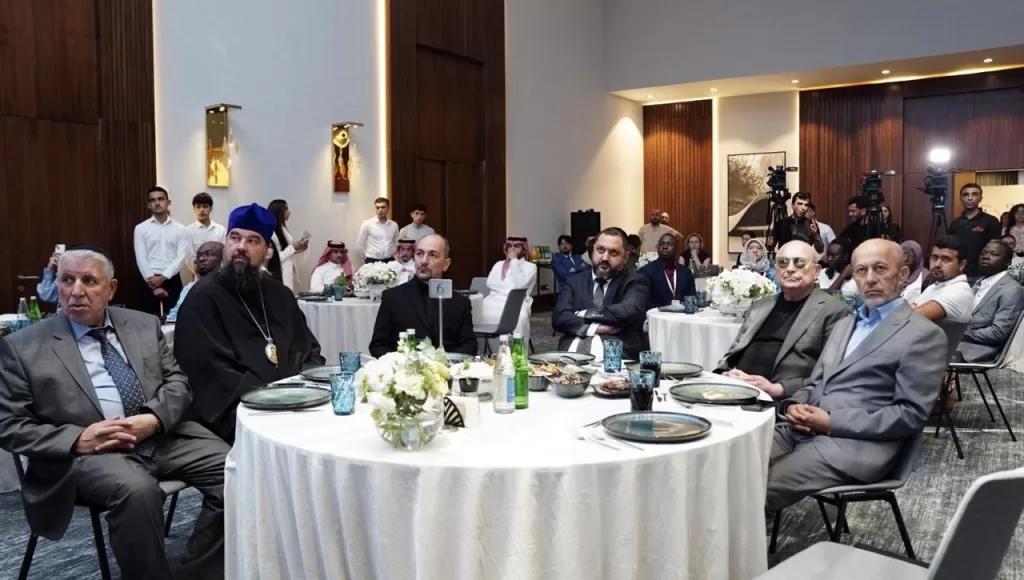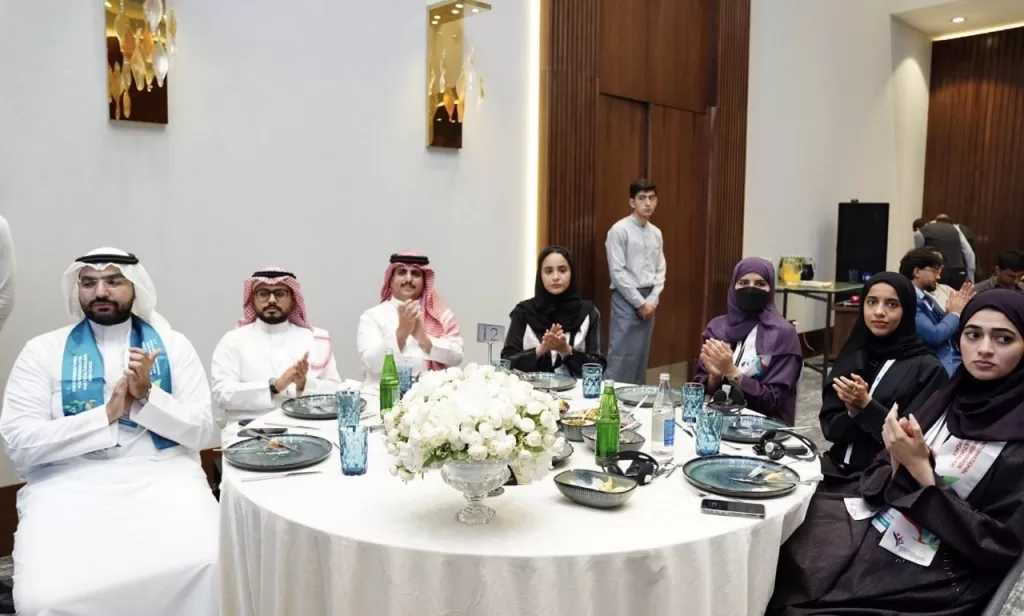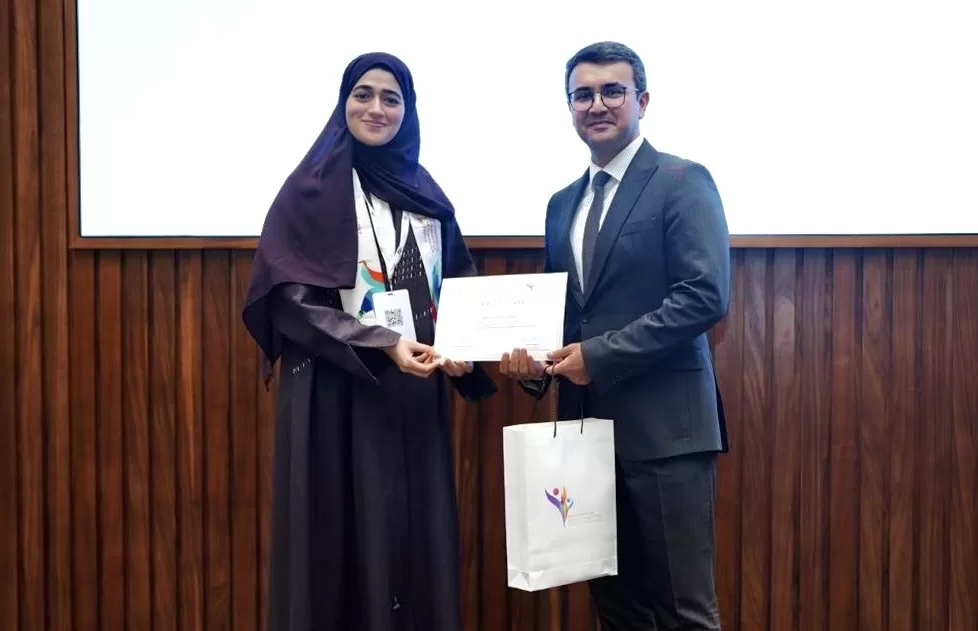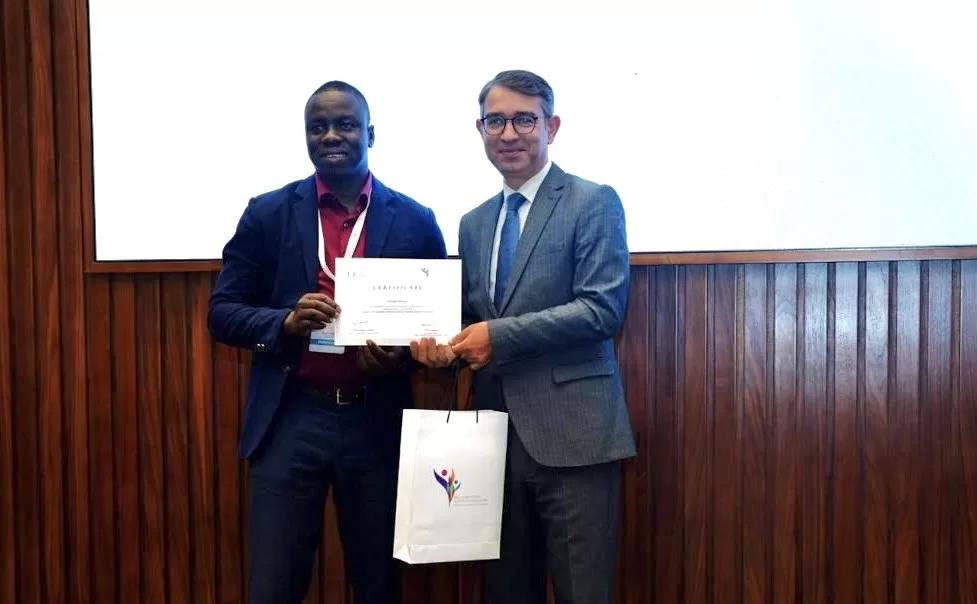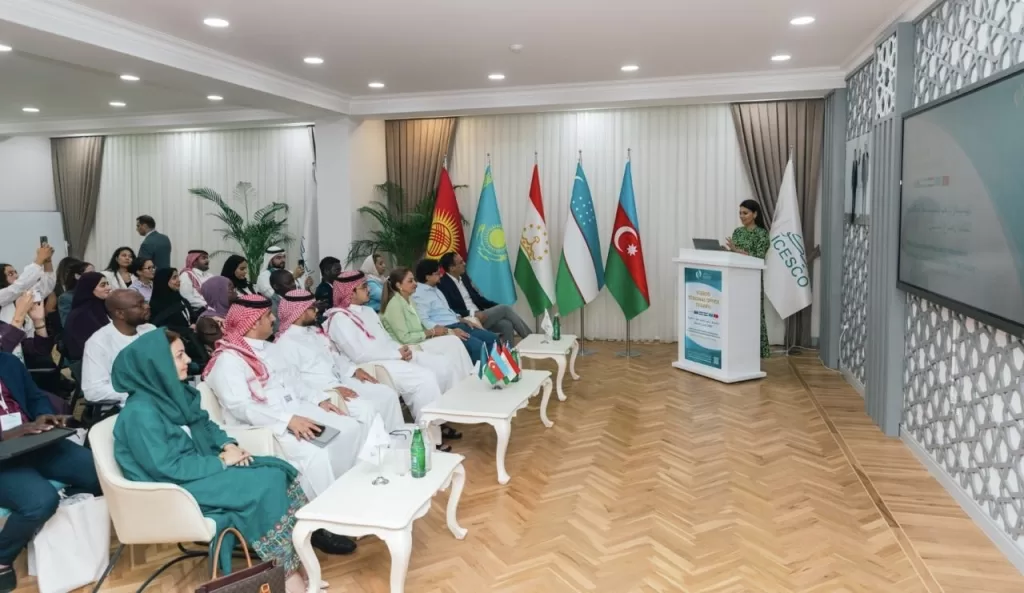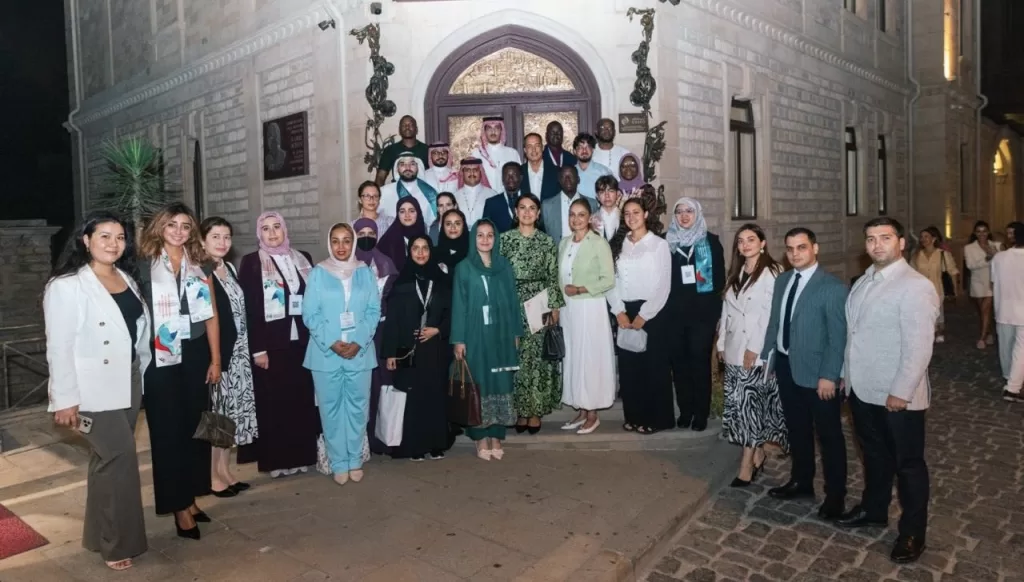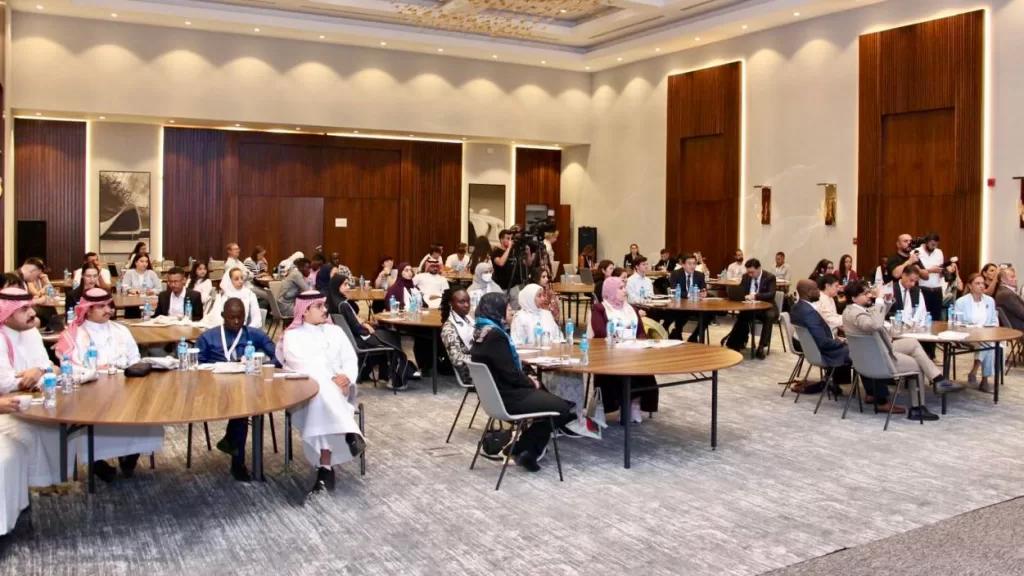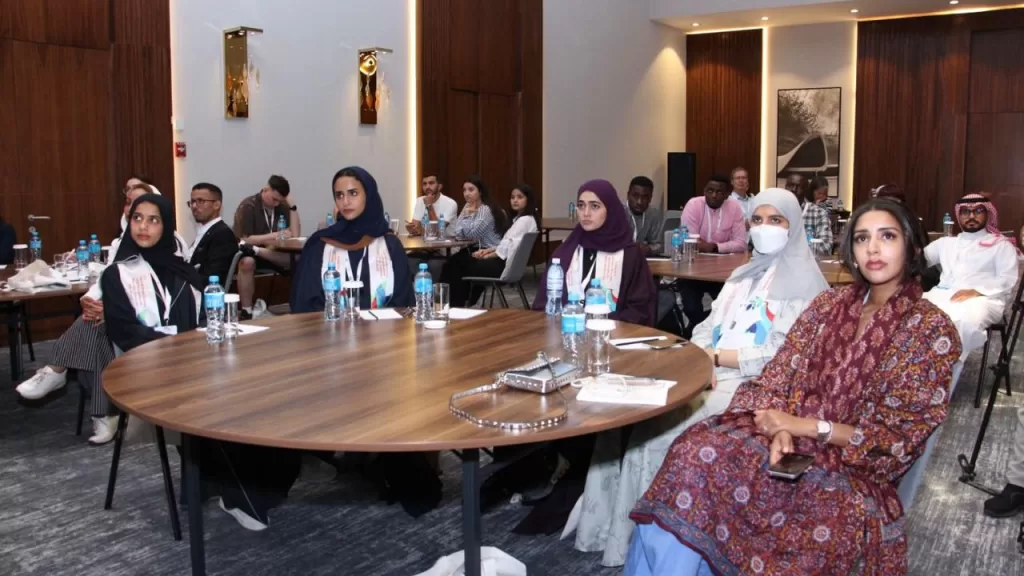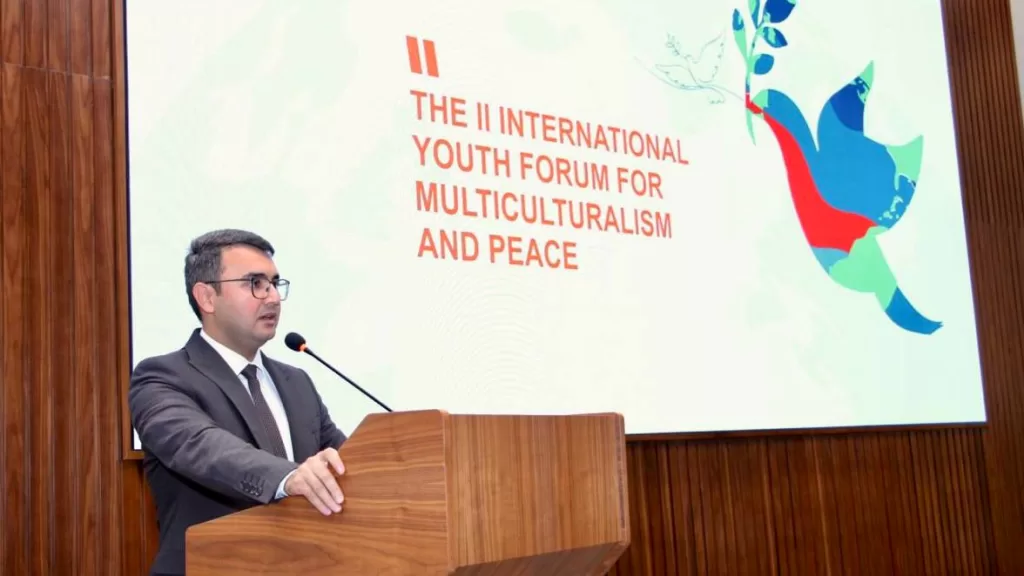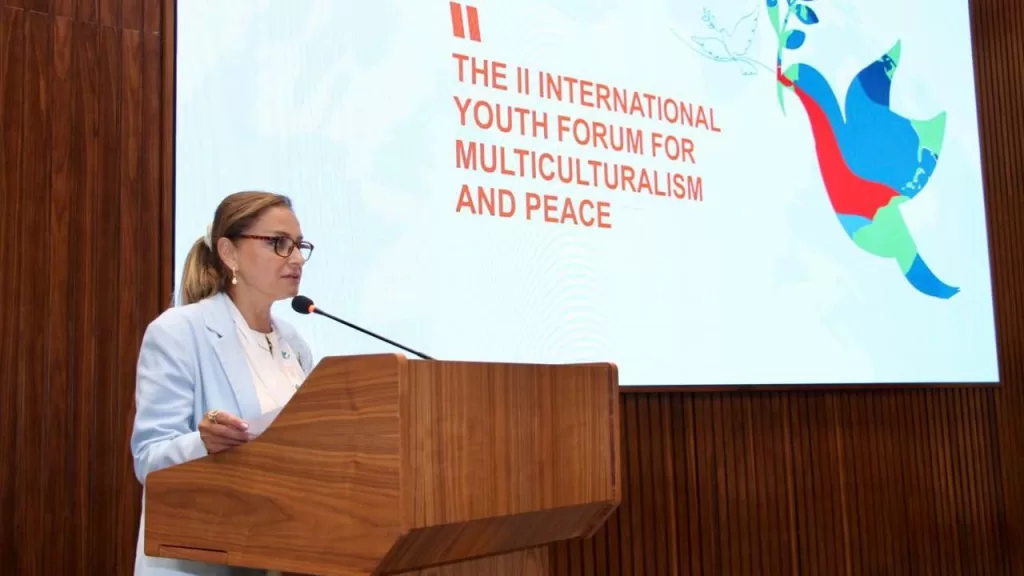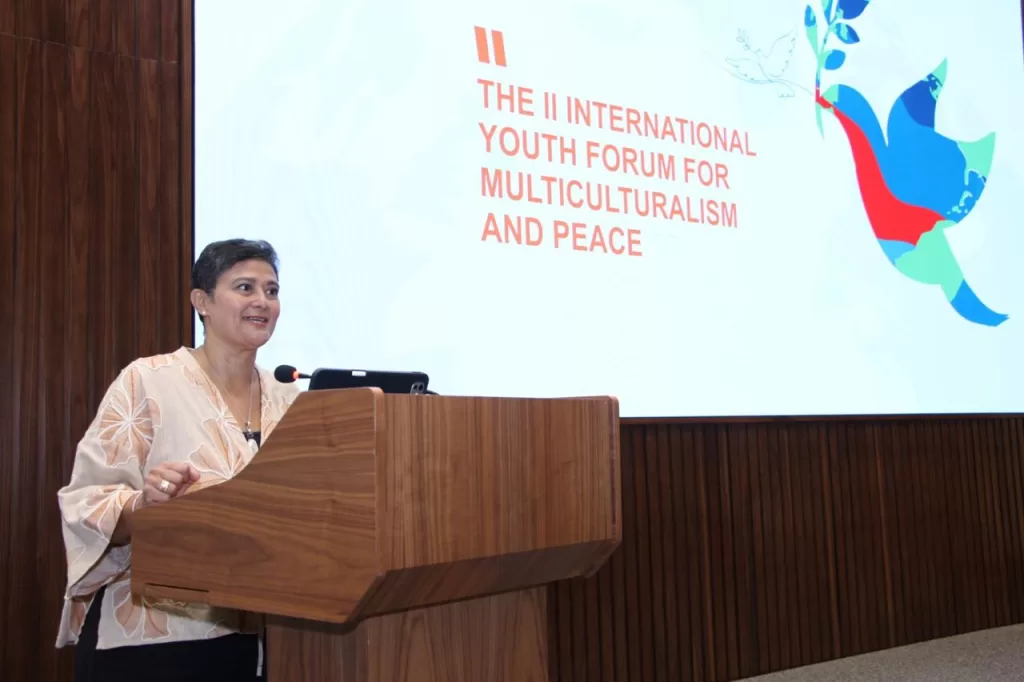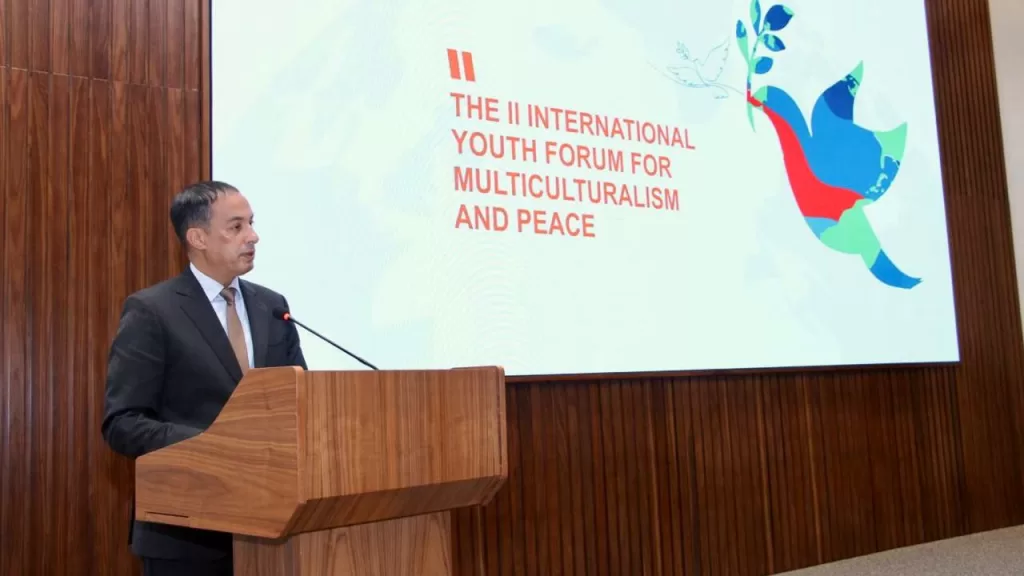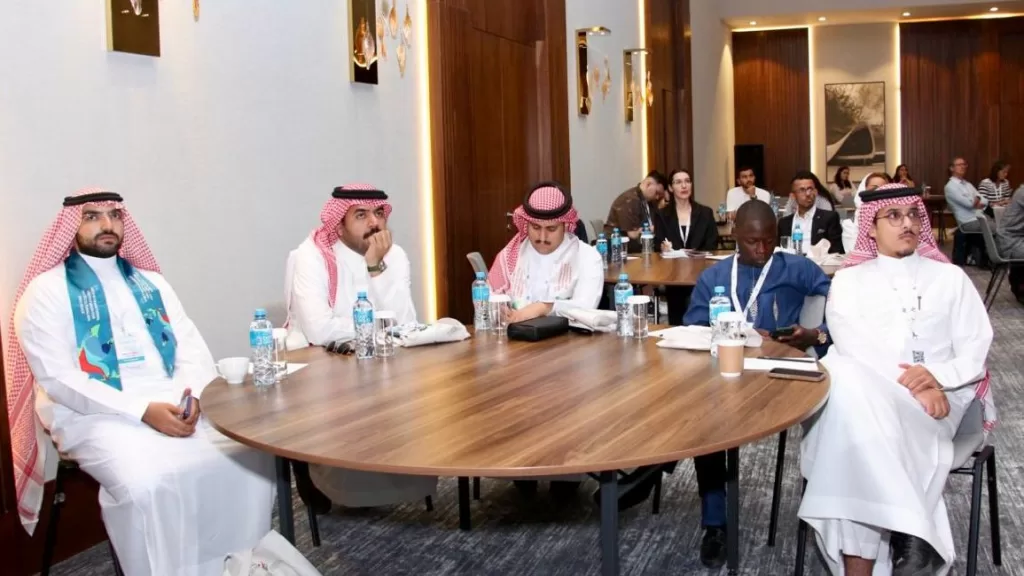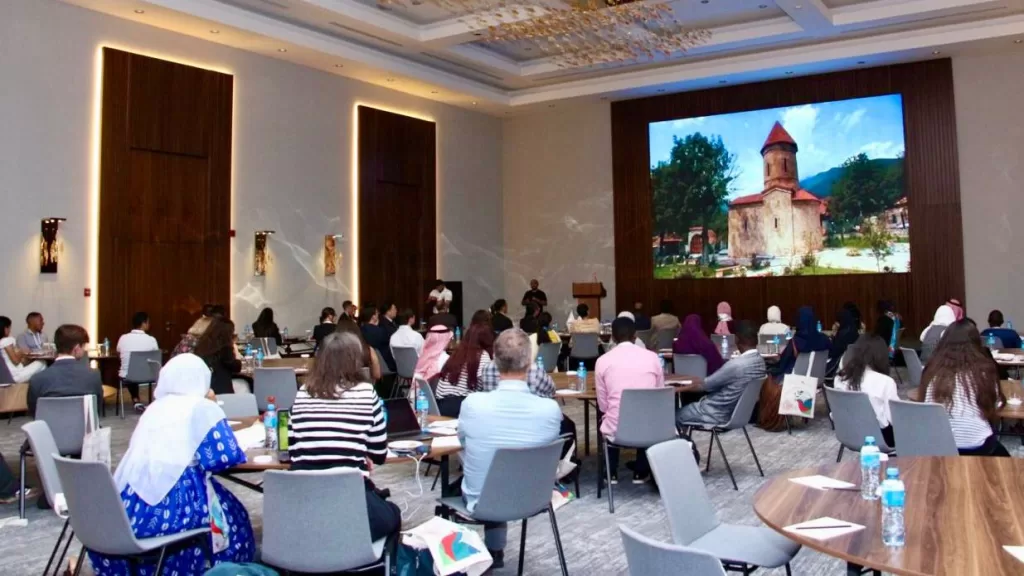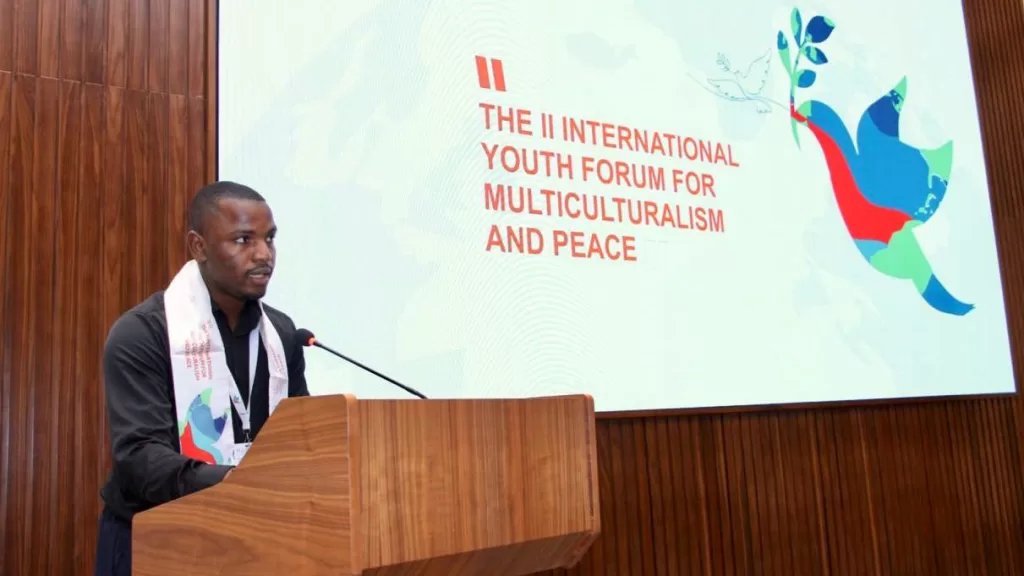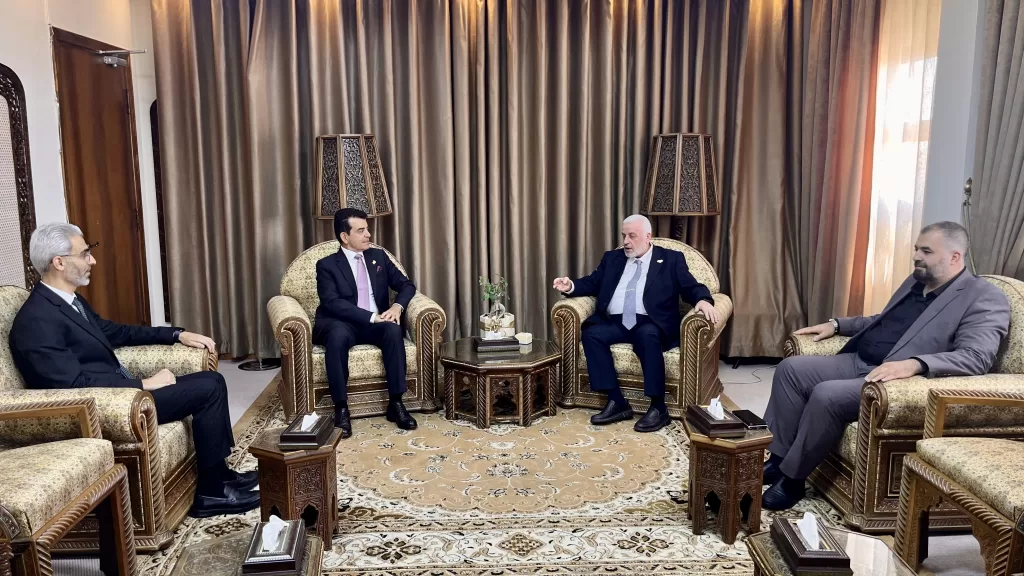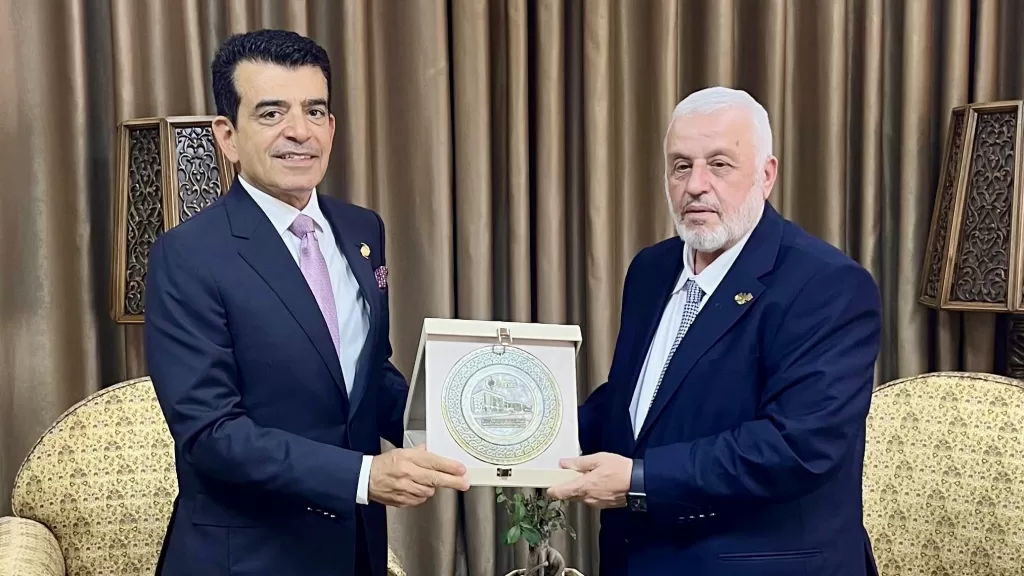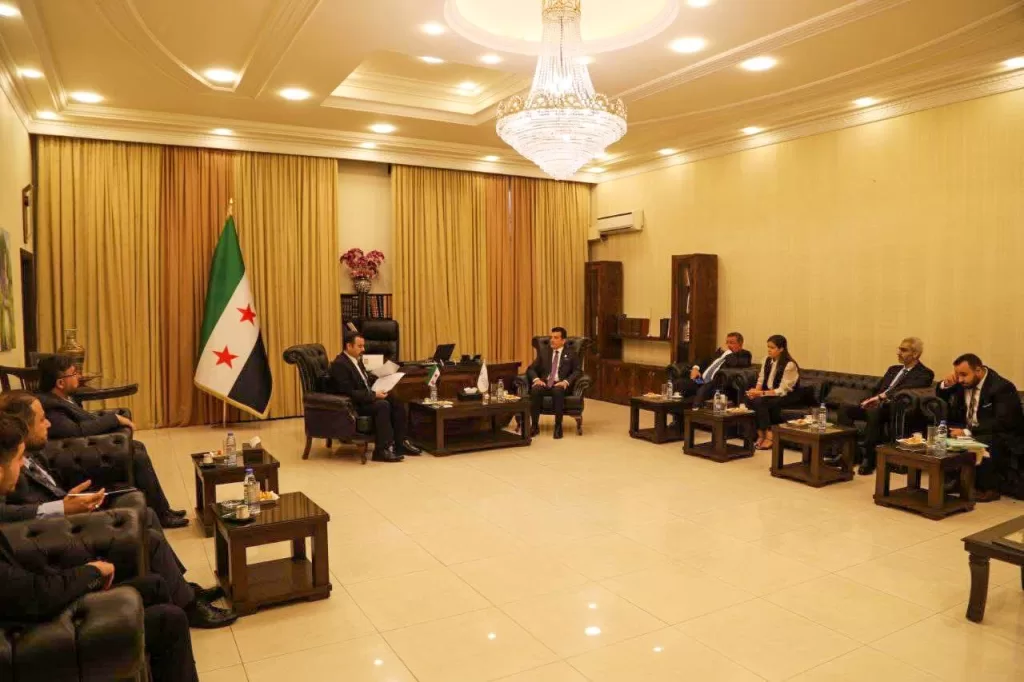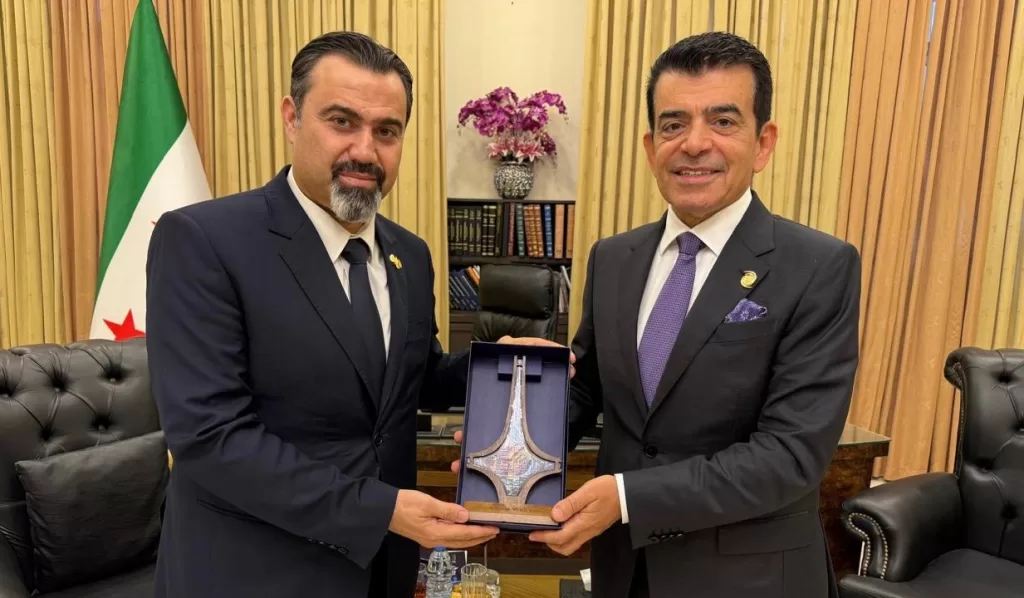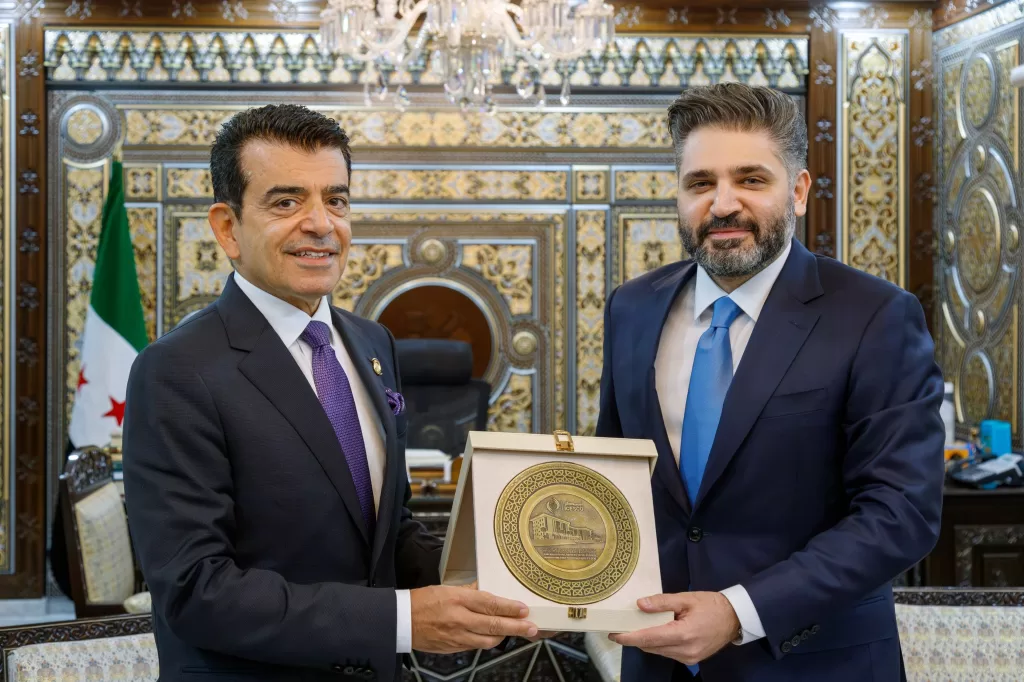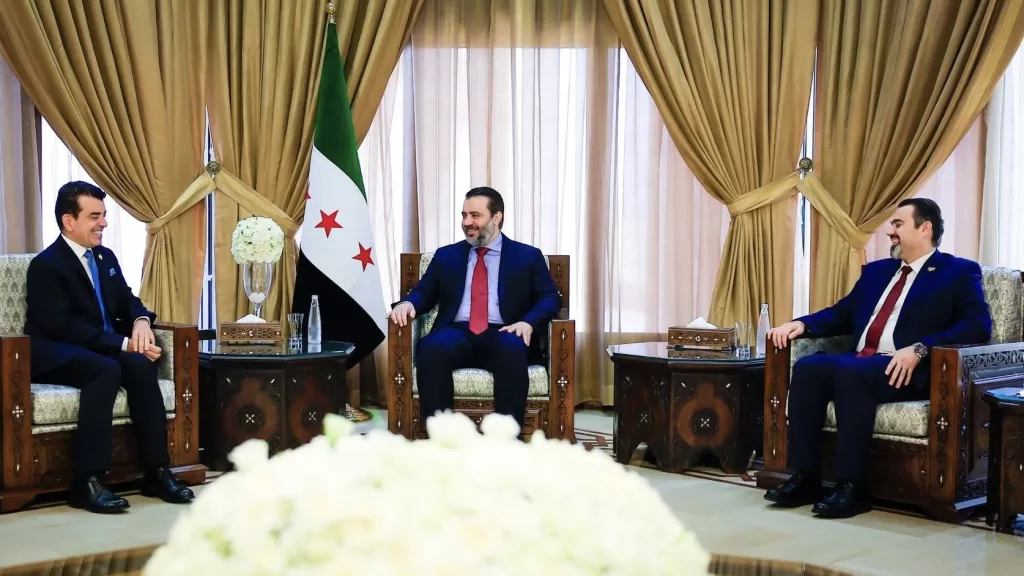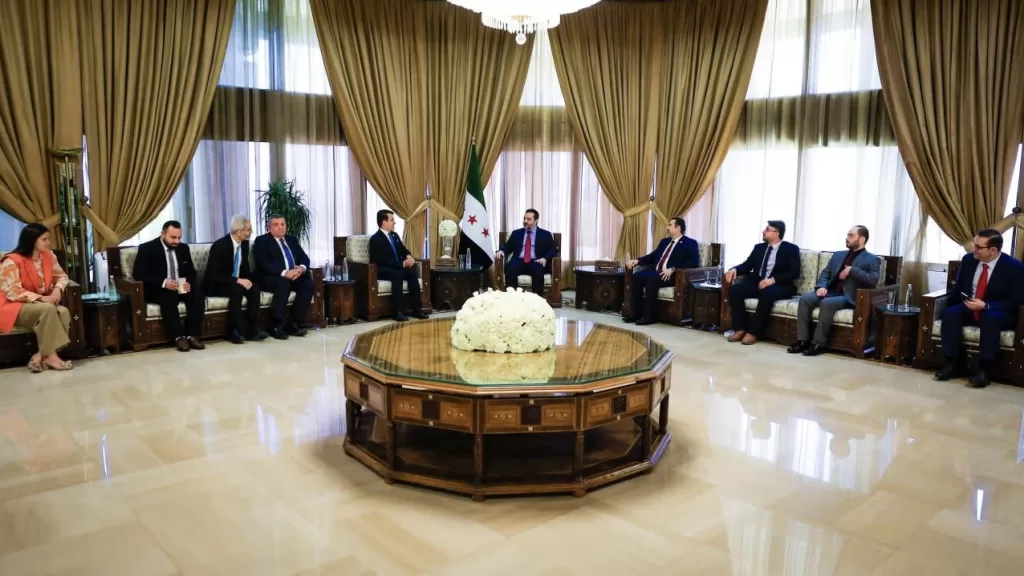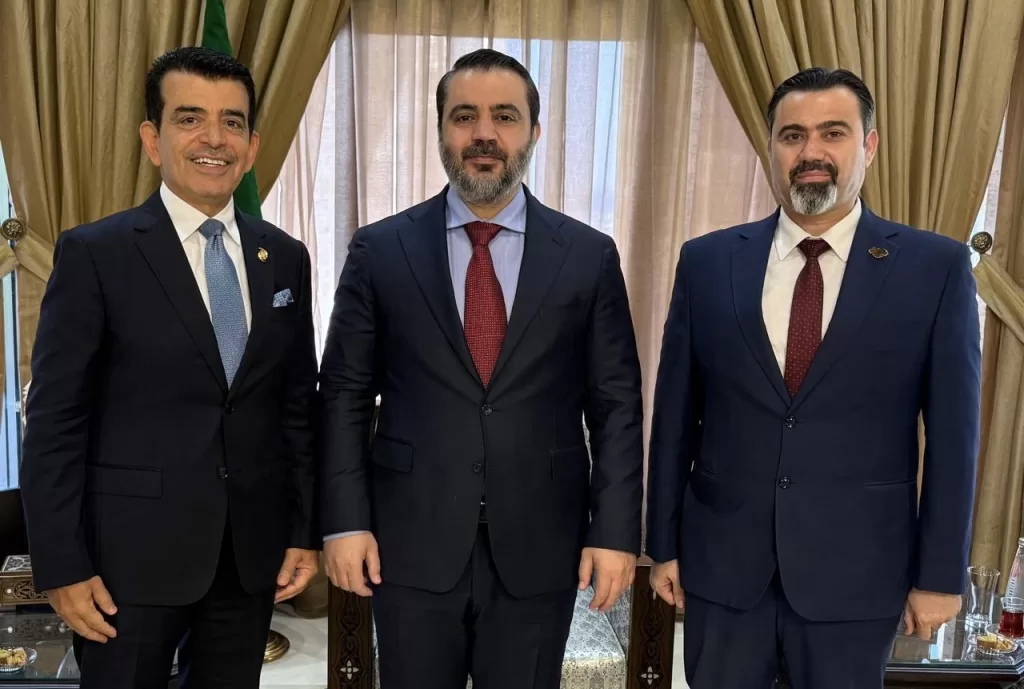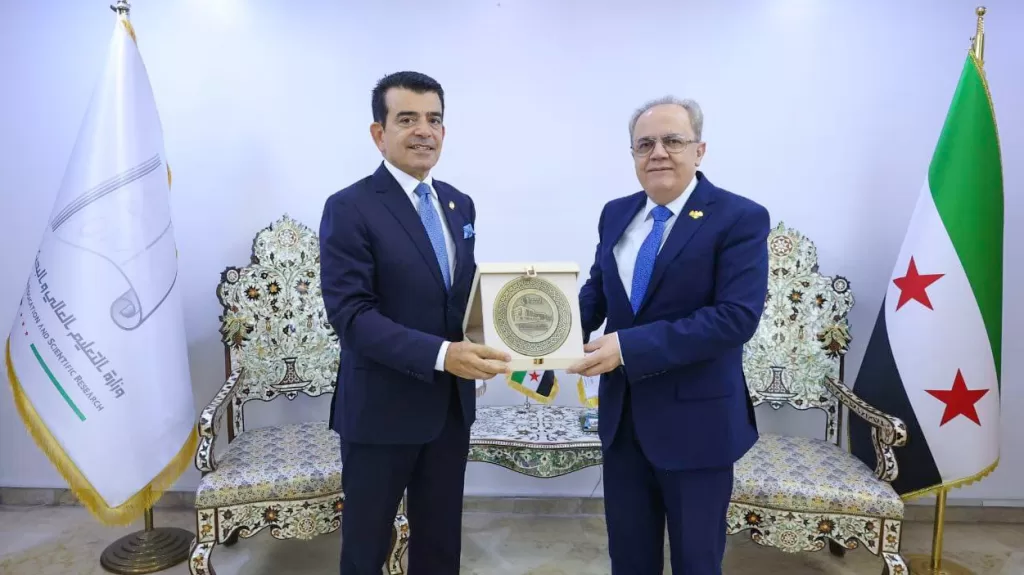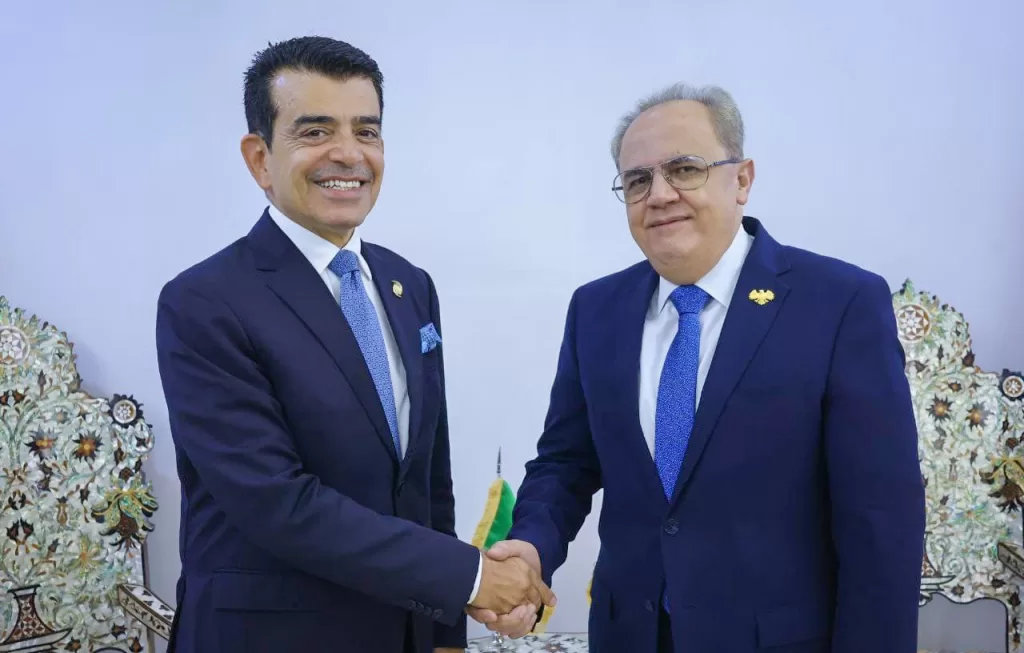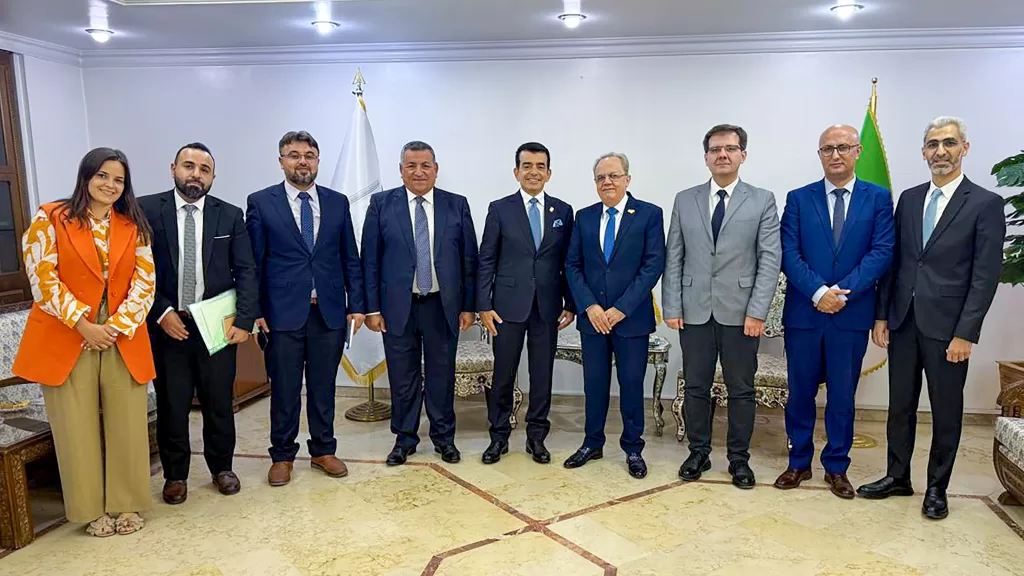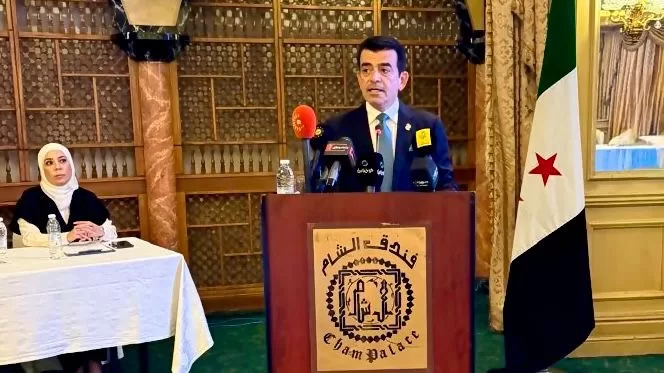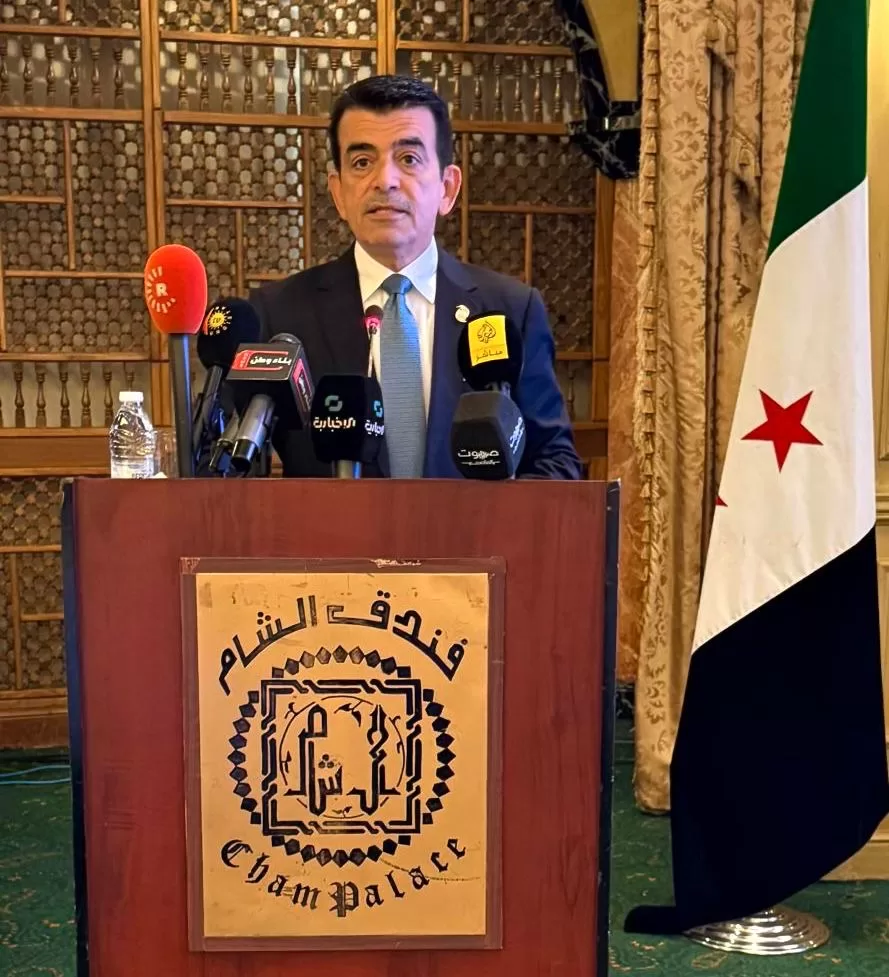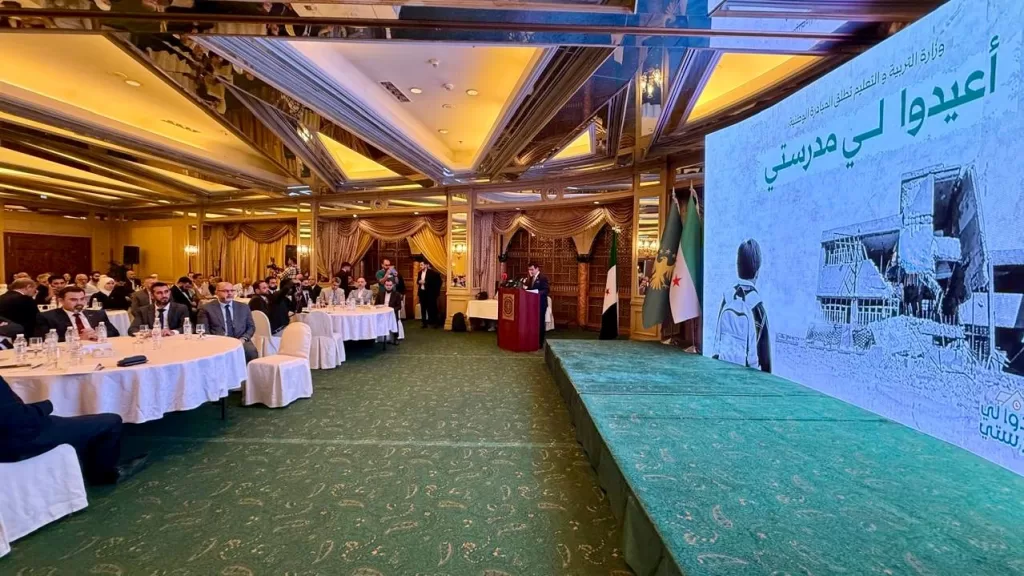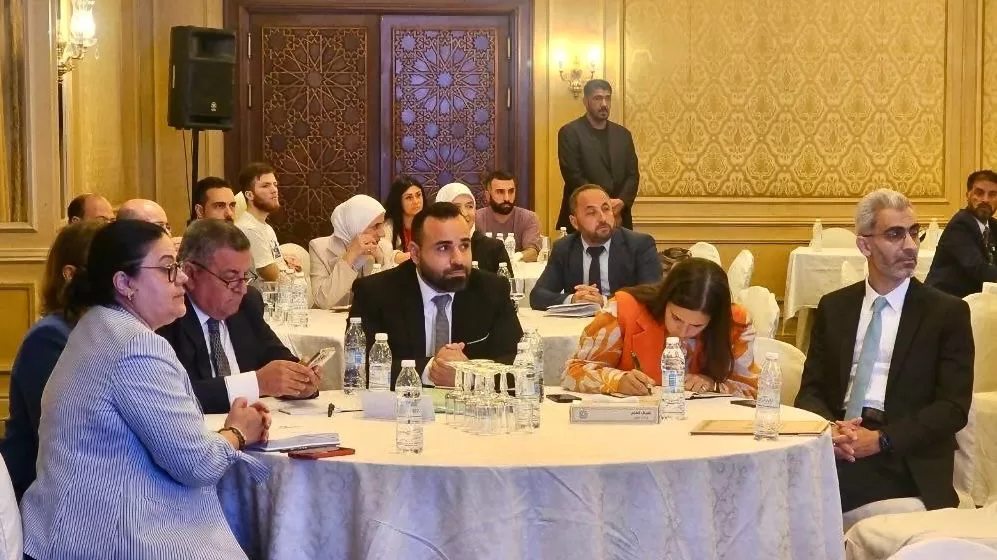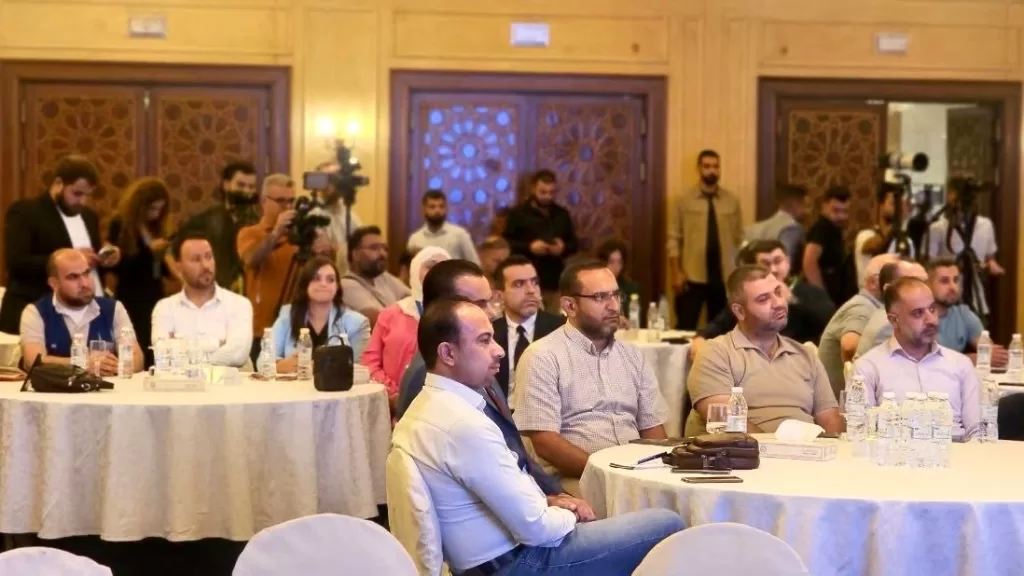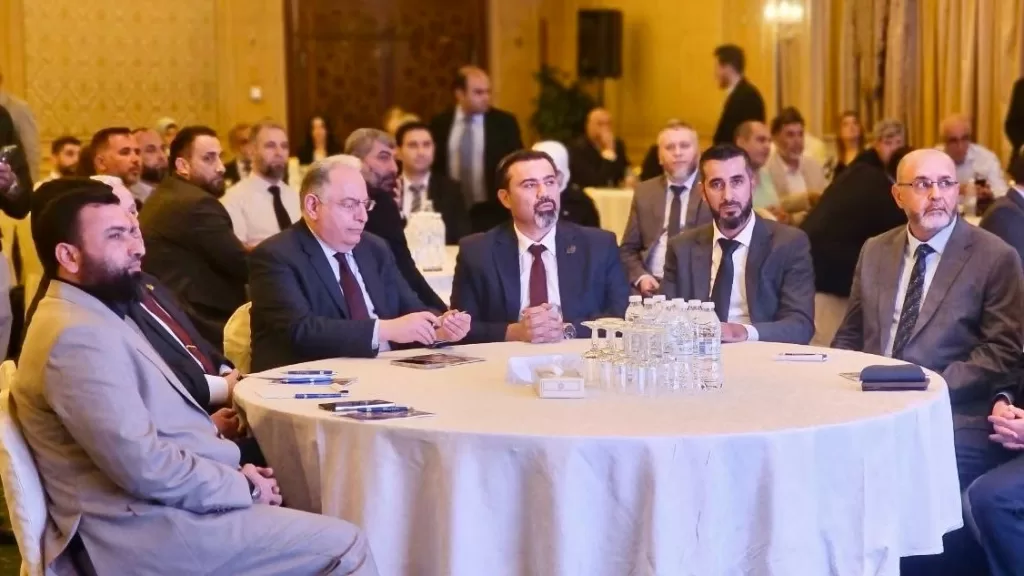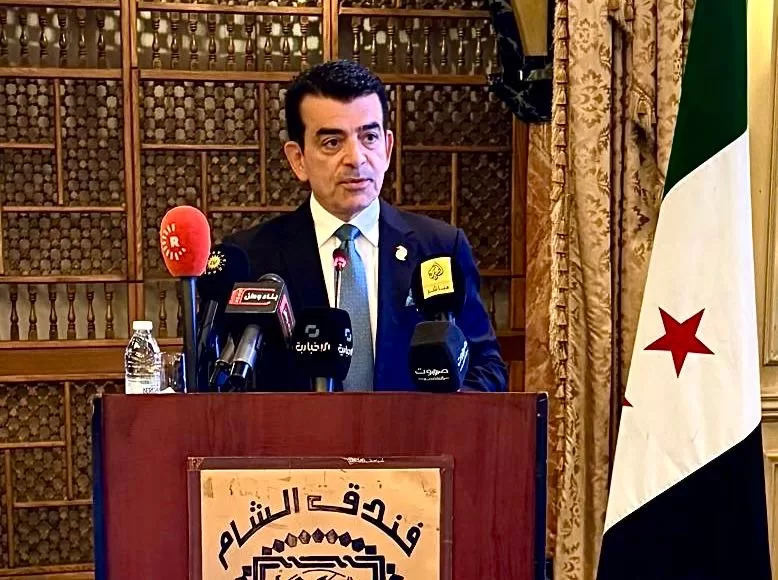After five days of intensive workshops, lectures, and rich discussions on intercultural dialogue and the promotion of multiculturalism, the Second International Youth Forum for Multiculturalism concluded today, Wednesday, 27 August 2025, in Baku, Azerbaijan. The Forum was organized by the Islamic World Educational, Scientific and Cultural Organization (ICESCO), in partnership with the Baku International Multiculturalism Centre, under the theme “Youth as Ambassadors of Peacebuilding in a Multicultural Environment”
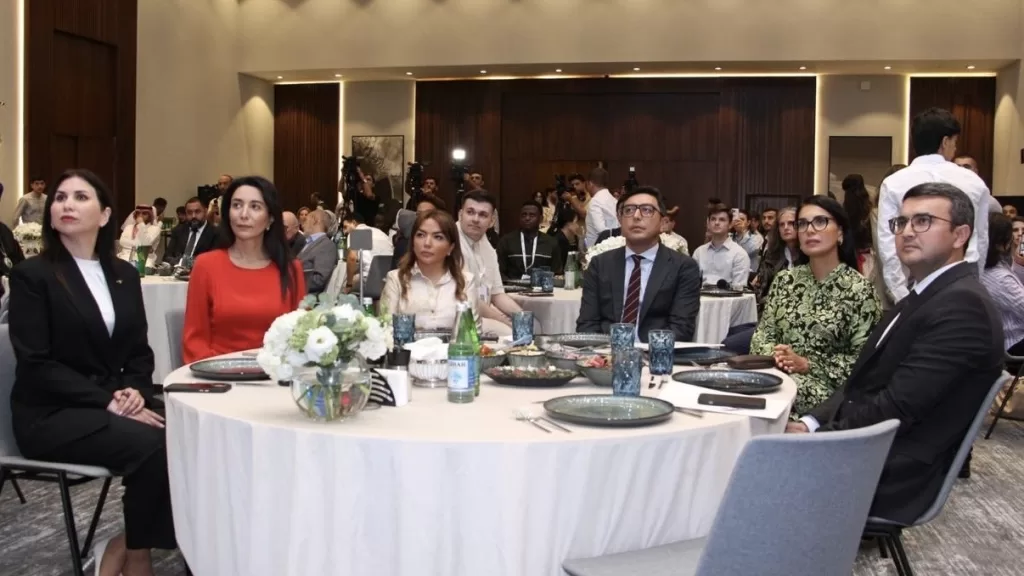
It witnessed high-level participation from ministers, officials, and experts in peacebuilding, along with broad youth engagement of around 70 participants from over 50 countries.
The closing session of the Forum opened with an address by Mr. Ravan Hasanov, Executive Director of the Baku International Multiculturalism Centre, in which he emphasized that the ideas and energy demonstrated by the young participants during the Forum proved their vital role in preserving peace and promoting diversity and mutual respect among nations, cultures, and religions.
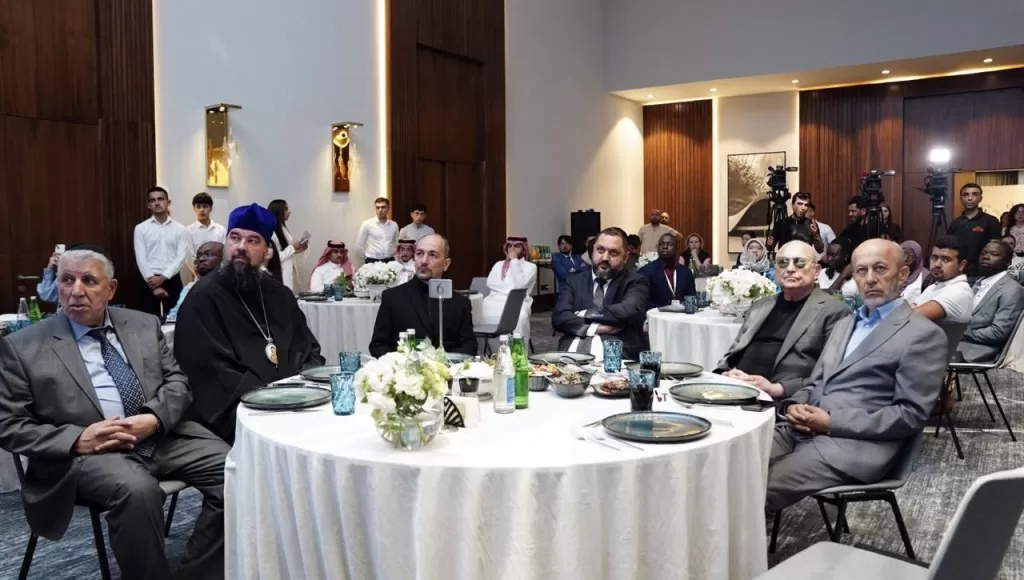
He pointed out the importance of forums that aim to strengthen the role of youth in instilling the values of peace in their societies in light of the serious challenges facing the world today, such as the spread of racism and extremism, while also highlighting Azerbaijan’s distinctive model of respecting and supporting multiculturalism.
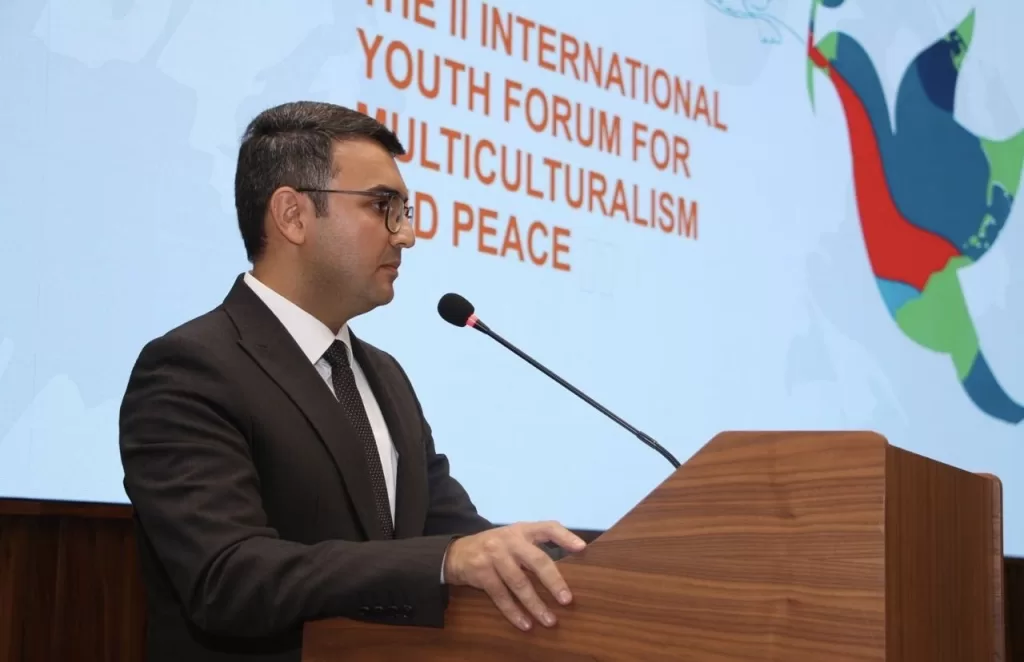
For his part, Mr. Farid Gayibov, Minister of Youth and Sports of Azerbaijan, stated that his country’s government, under the leadership of His Excellency President Ilham Aliyev, accords special priority to youth through the implementation of various initiatives and activities for their benefit. He praised the Forum, which offered the participants an opportunity to gain comprehensive insights into Azerbaijan.
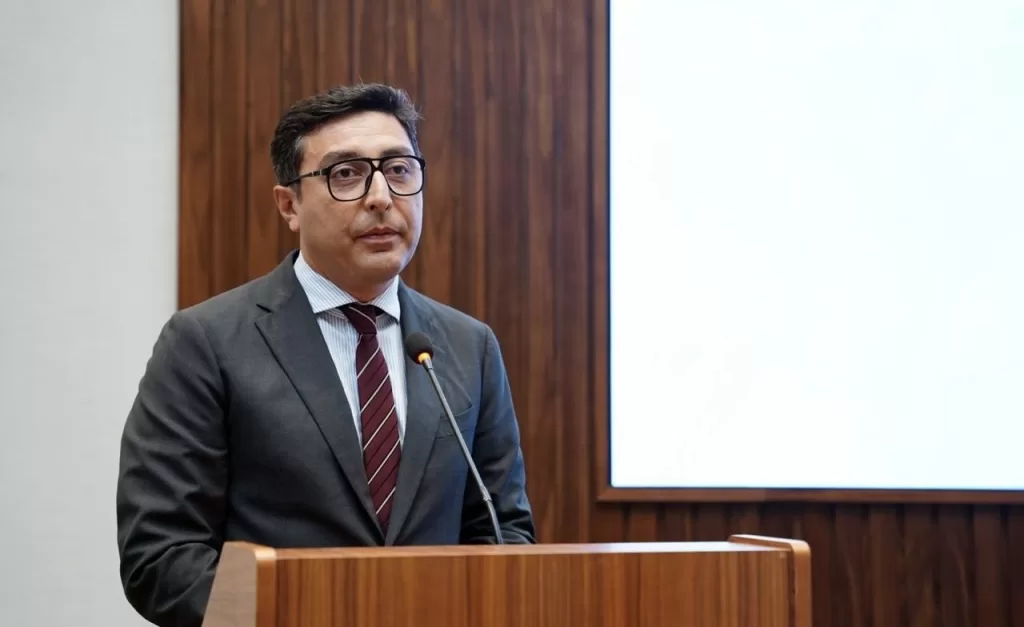
Meanwhile, Ms. Maryam Gafar-zada, Assistant Director of ICESCO’s Regional Office in Baku, affirmed that peace is a fundamental value deeply rooted in our Islamic faith, and that ICESCO’s approach reflects this value through the implementation of purposeful programs and initiatives aimed at strengthening the values of intercultural dialogue and coexistence. Mr. Noufal Abboud, Director of the Nordic Center for Conflict Transformation, also expressed his gratitude to the Government of Azerbaijan for its generous hosting of the Forum’s activities.
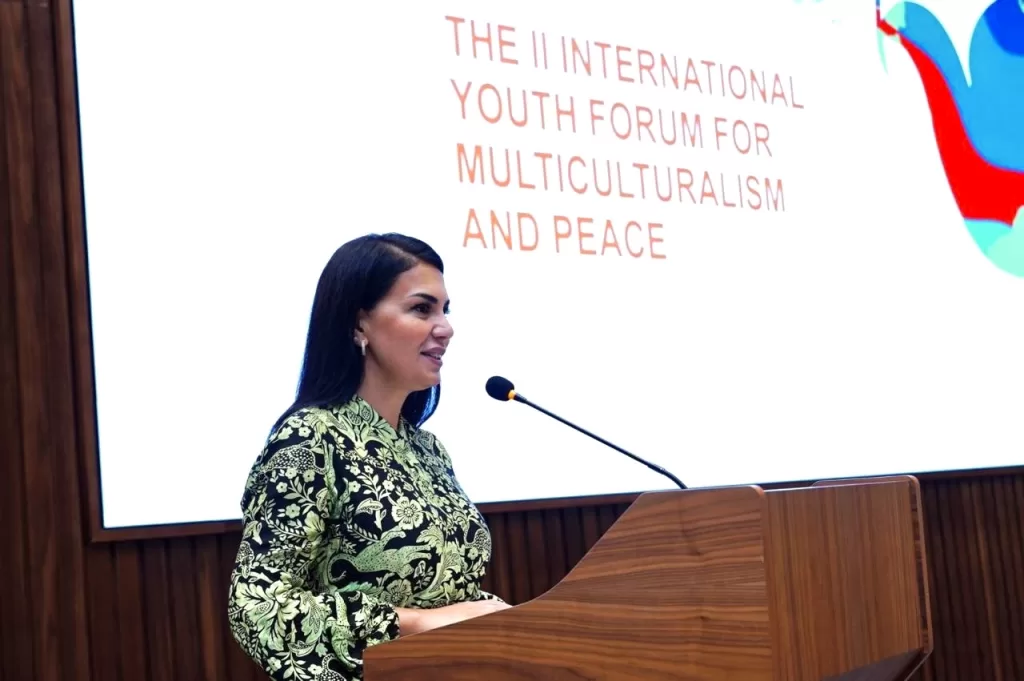
The Forum, organized in coordination with ICESCO’s Regional Office in Baku and in cooperation with the African Union’s African Observatory for Migration and the Nordic Center for Conflict Transformation, included panel discussions, interactive sessions, and training activities on the role of youth in peacebuilding and understanding, the characteristics of the Azerbaijani model of multiculturalism, and the role of religion as a mediator in conflict resolution.
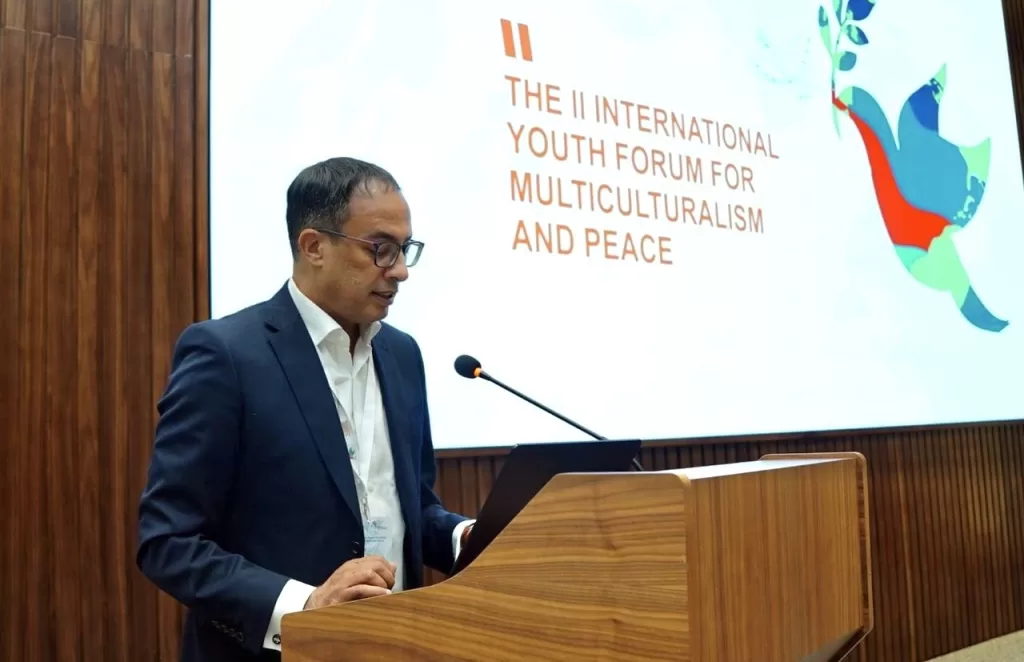
On the sidelines of the Forum, a delegation of participants visited the headquarters of ICESCO’s Regional Office in Baku, where they were given detailed presentations on the office and its role in serving the fields of education, science, and culture in the Organization’s Member States in Central Asia.
